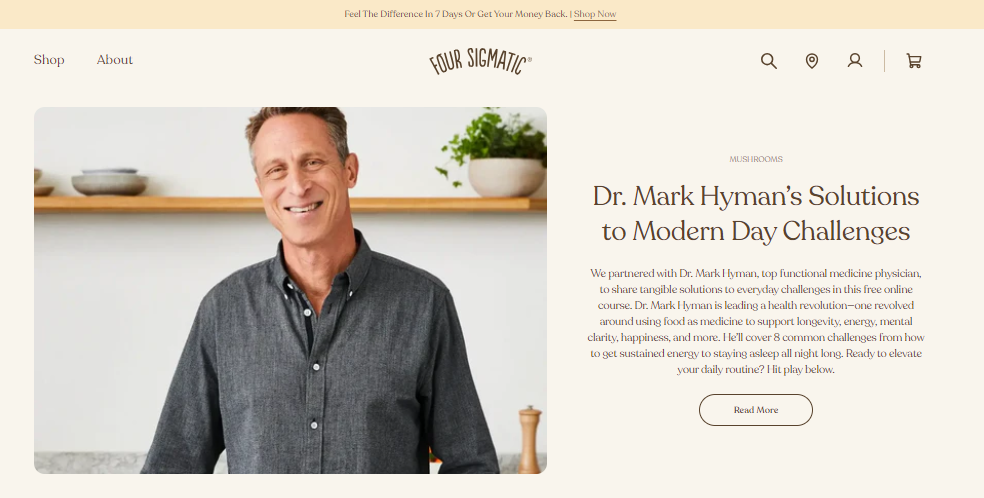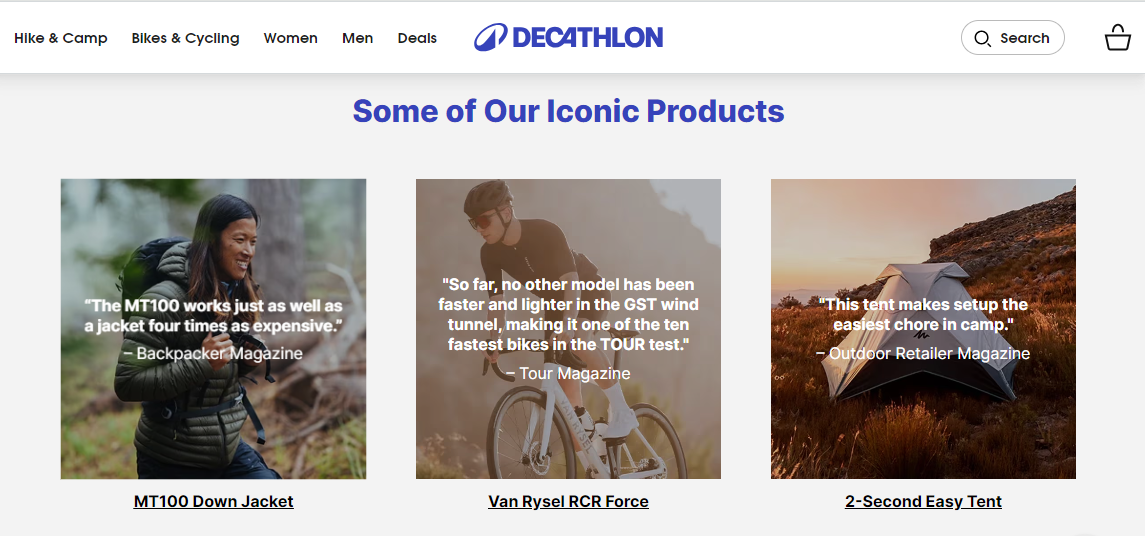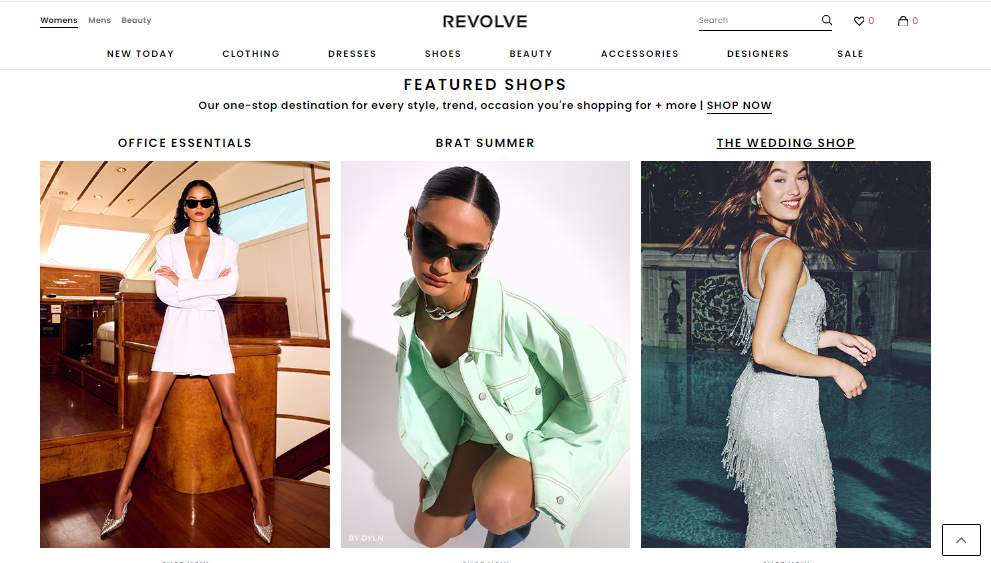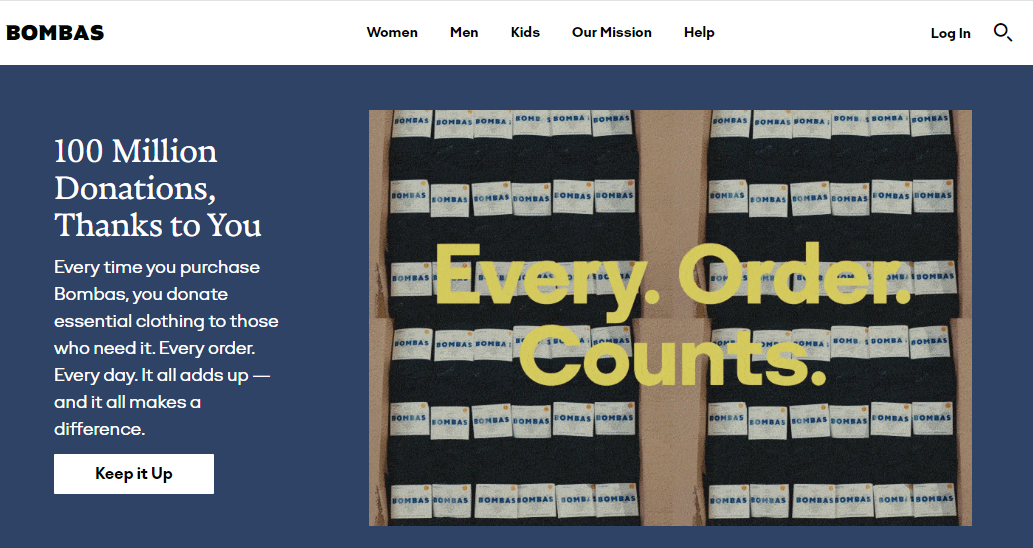Social Proof & Is It Really Crucial?

Social Proof? What’s that?
If you have ever seen a long line at a hotdog stall at lunch everyday, and thought to yourself “Hmm, they must be serving good hotdogs. I must try it sometime soon”, then you’ve first handedly experienced social proof.
Social proof is a psychological phenomenon where people tend to follow the actions of others, believing it to be the correct behavior. You are more likely to purchase a new lipstick that a friend recommends than by just seeing a newspaper advertisement.
While the fear of missing out(FOMO) plays a role, the primary reason social proof drives action is that it reduces perceived risk. Trying something new can be daunting, but seeing others take an action—like purchasing a product and leaving a review—provides reassurance and lowers the perceived risk for the next person. Seeing another common person trying and recommending the product/service builds a credible source and increases the likelihood of purchase.
Most eCommerce companies, understand that more than 90% of customers will read online reviews before making a purchase and hence, dedicate all their resources in gathering and showcasing glowing product reviews. While this is an excellent form of social proof, it’s just the beginning.
There are various forms of social proof. Let’s examine different types and real-world examples of eCommerce brands using them effectively:
1. Expert Endorsements
This type of social proof relies on the influence of respected figures. People value opinions from authorities, experts, or influencers more than product descriptions. FourSigmatic, a wellness company founded in making Nordic knowledge of foraging superfood mushrooms widely known. It offers innovative line of mushroom-based beverages, including coffee, elixirs, and protein powders, aimed at enhancing health and performance. Since it is a relatively new concept for non Nordic natives, they highlight endorsements from well-known physicians like Dr. Mark Hyman, enhancing their product’s credibility.

2. Peer Recommendations
People gravitate towards brands that reflect their values and interests. They seek validation around a brand’s mission and identity. For example, Decathlon, a sportswear French giant present in 70+ countries offering quality sports gear for less than half the process of industry giants, often features real customers who share their experiences with the brand’s gear and offerings.

3. Influencer and Aspirational Proof
This type is based on the idea that people follow those they are inspire by or aspire to be. It follows the human tendency that if someone they like liked a product, they are inclined towards liking it too. Brands now use influencers to showcase their products, inspiring customers to emulate them. Revolve, a major fashion retailer, works with popular fashion bloggers and Instagram influencers who highlight their latest clothing collections. These stylish endorsements create a desire among followers to adopt the latest trends and look as fashionable as their favorite influencers.

4. Numerical Validation
People feel more comfortable taking an action when they see that many others have done it. This can be as simple as displaying customer reviews or highlighting how many people have purchased a product. Bombas, a sock and apparel company, highlights the number of items donated to homeless shelters for every purchase made. This numerical validation reassures customers that their purchase is part of a larger, impactful social mission.

Social proof is to eCommerce businesses, what aerodynamics is to a car. It doesn’t propel the car forward, that’s the engine’s job, but it certainly helps the car move faster and more efficiently, maximizing engine’s power. Social Proof is the aerodynamics your marketing needs, to achieve higher conversion rates and in building trust.
Latest
Subscribe To Our Newsletter
We’ll send you the best of our stories and no spam! Promise!




